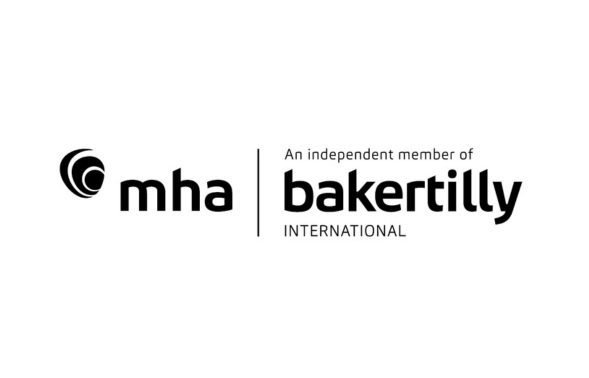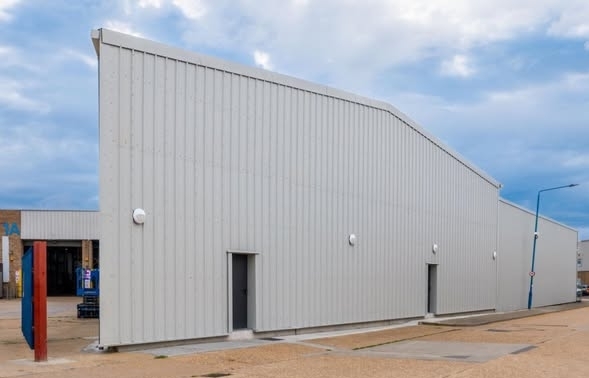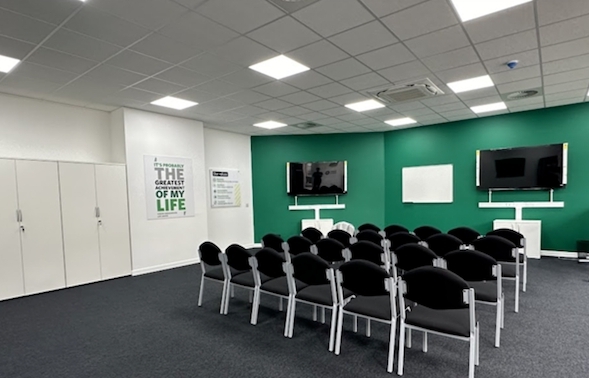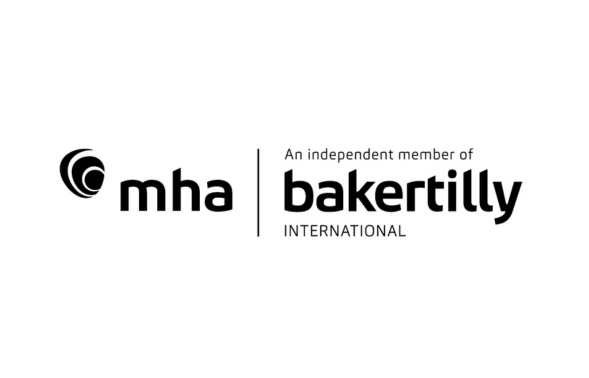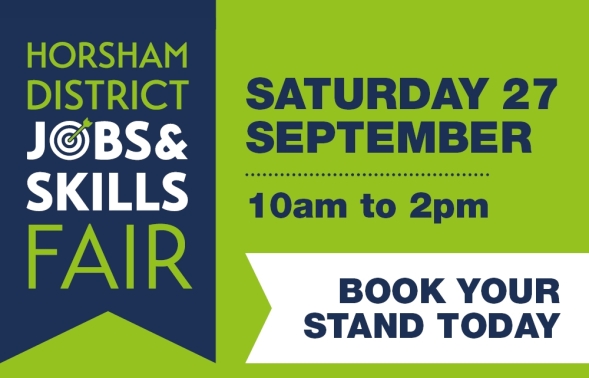Commenting on the Autumn Budget 2017, Grant Thornton UK LLP, Head of Tax, Jonathan Riley said;
"The Chancellor has developed a knack for trying humour. Sometimes the best antidote for bad news. So perhaps some of the gags were the highlights of a predictably thin Budget in terms of giveaways and announcements. The exception relates to housing and not just the gimmicky Stamp Duty Land Tax exemption up to £300,000, but the broader more welcome measures, which are all needed to ensure increased supply, such as seeking to free up land for development, addressing the homes purchased as investments and then left empty, introduction of measures to support innovation in construction methods and commitment to skills training in the industry.
"On taxation generally there were the inevitable 'money tree' shaking moments suggesting a further £4.8billion of revenue can be raised from closing down unacceptable avoidance, without specifying what that was. And the tweak to Indexation Allowance for companies, which will hit property holding companies in the main, may have more to do with future fears as to inflationary rises (and therefore future Exchequer cost) than the cost of this today."
"The change on Business Rates to CPI at a cost of £2.8 billion will help some, but fails to address the fundamental issue of taxing business by reference to bricks and mortar rather than by reference to activity".
"It was pleasing to hear the Chancellor reaffirm support for the work of the OECD and tackling problems such as the taxation of digital companies on a global basis. The change to the taxation of royalties albeit modest in terms of yield, gives an indication of future direction of travel."
"And the freezing of the VAT threshold reflects more his concern over White Van Man and Woman, than that of addressing the cliff edge in the VAT system which can act as such a disincentive to growth."
"There were some hidden hints in the Budget too. The comments around the Apprenticeship Levy and that thought will be given to the extent by which businesses who contribute will be able to use their contributions for their own training schemes, suggests this may not be possible in the future."
"It was disappointing not to hear more about the Gig economy's workers - the gap between employees and those engaged more flexibly continues to grow and is forecast to represent over £8 billion by 2022. A tax regime that favours one form of engagement over another is too distortionary and needs to change."
"Overall, this was a Budget by a Chancellor hemmed in by difficult economic news. The continuing stagnation of productivity, the impact that has on GDP, uncertainty over Brexit, meant his best lines might have been Hammond's attempts at humour."
"But a real punch line would have been to announce a review into the effectiveness of the UK's creaky tax regime and especially its tax reliefs. At a cost of £400 billion a year, this was a missed opportunity to build a tax regime fit for Brexit Britain. As with comedy, Mr Chancellor, it's all about the timing."

